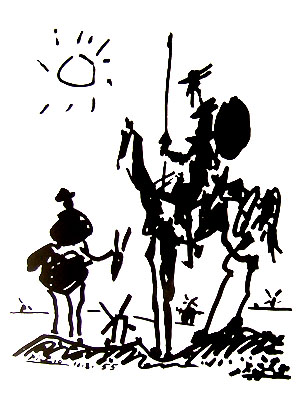Moods
Moods are states of the body that are different from emotions in that they are more durable and less changeable. Moods shape thought rather than action. Moods seem a product ( but not just a cognitive product) of the difference between perceived challenges and perceived capacities and resources to meet these challenges. If there is perceived to be a surplus, the mood is good; if a deficit, the mood is bad. That is why folk wisdom knows that people tend to be generous when the mood is good and stingy when the mood is bad. A common exclamation when the mood is bad is "now what?" because an obstacle is perceived to tip the 'balance sheet' further into deficit.
Moods are forward looking. Because they reflect feeling about prospects they can, unlike emotion, be said to be positive or negative along a spectrum. Moods act to bias thought. Unlike emotions, moods can be quite distorted, both about capacities and challenges. Resulting cognitions may at times be unrealistic.
Perhaps that is why undertaking deliberately to change moods, for ourselves and others, is so common. Think of the phrase "cheering someone up." Moods are human, but unlike emotions are not really necessary. The more one lives in the present with good contact, the less role moods play. Emotions influence mood, and of course moods influence emotion, but mostly in the aspect of intensity. A pleasant mood is not a mood that directly brings pleasure but one in which enough openness is present to allow one to experience pleasure.
Examples of mood (from most positive toward negative) are mania, elation, encouraged, hopeful, neutral, dour, discouraged, desperate. Addiction is a dedication to directly manipulating mood. Addiction over time decreases emotion and increases the extremity and variability of mood--this is moodiness.
